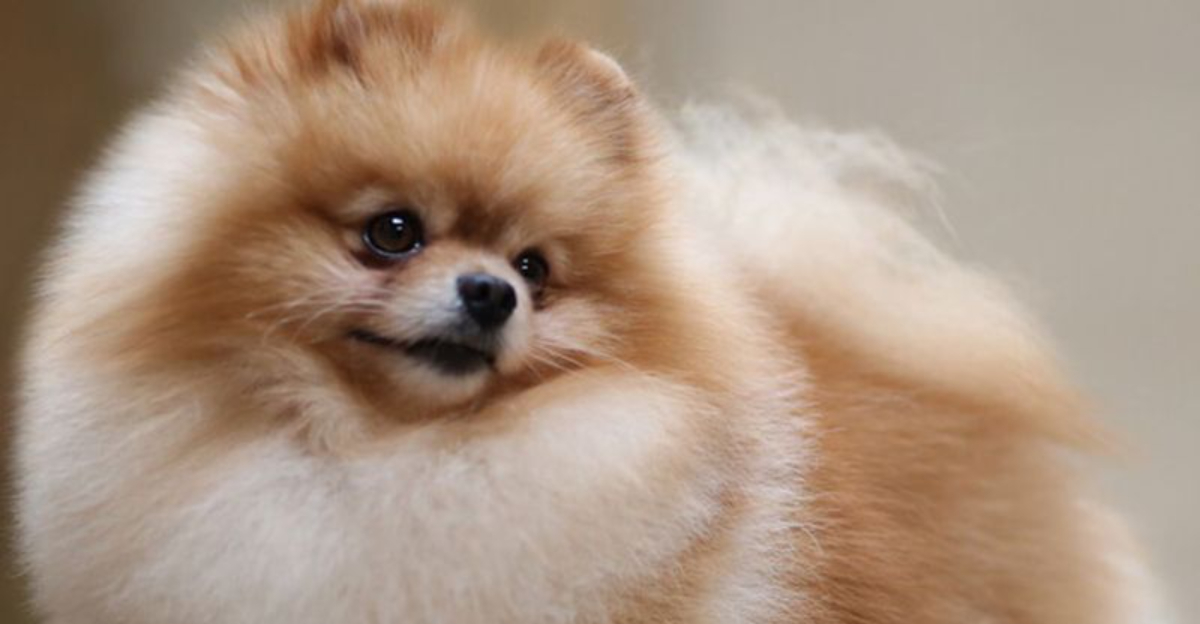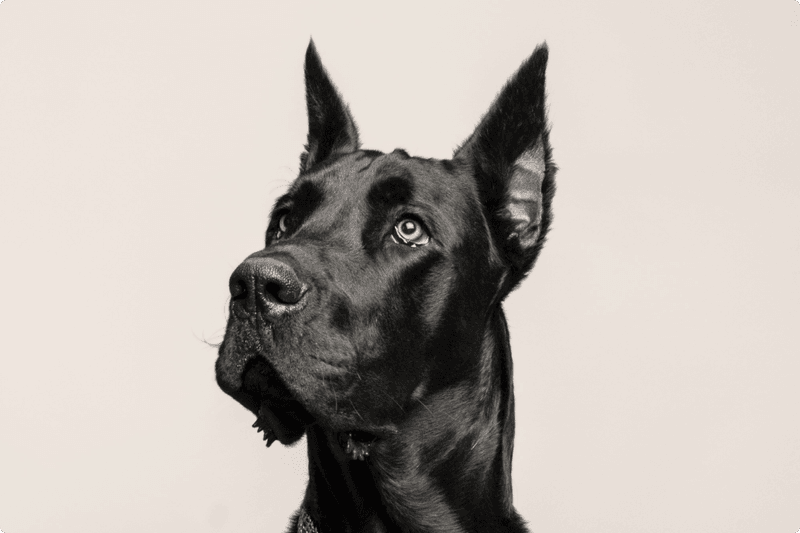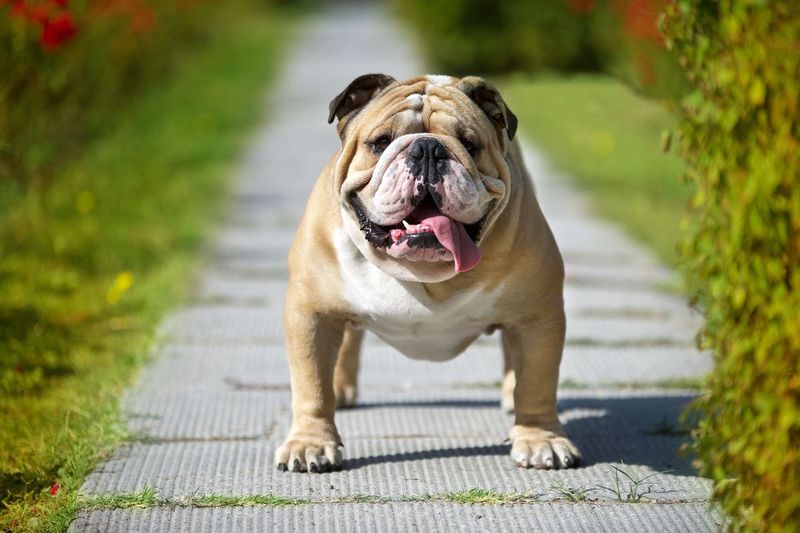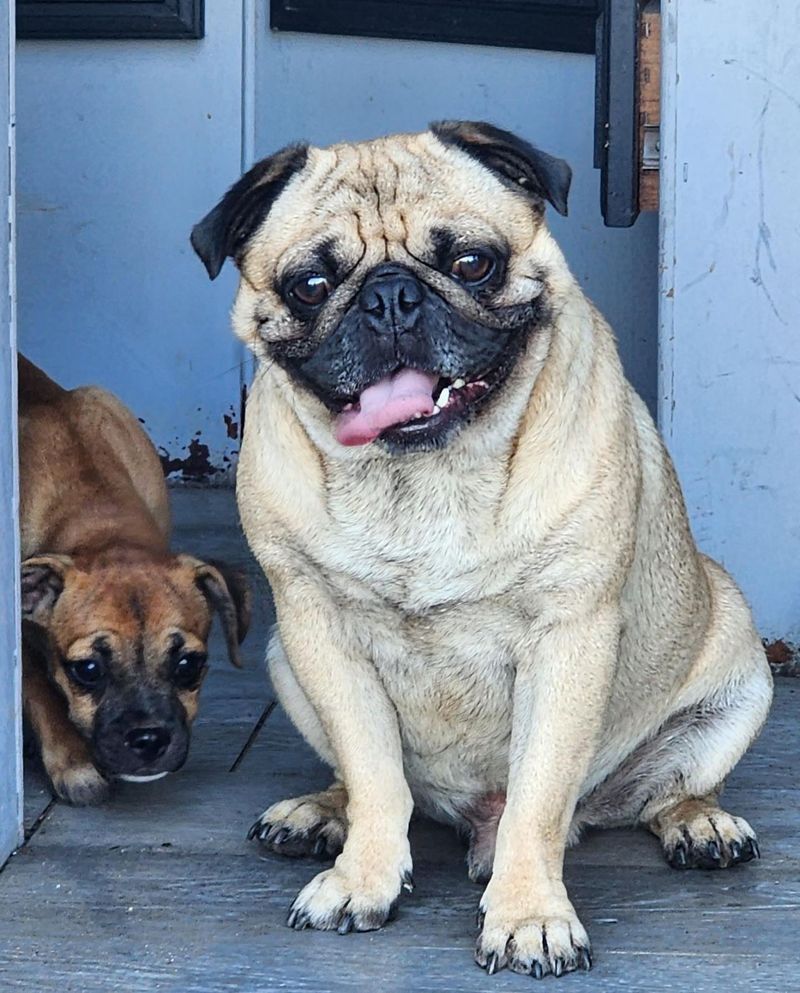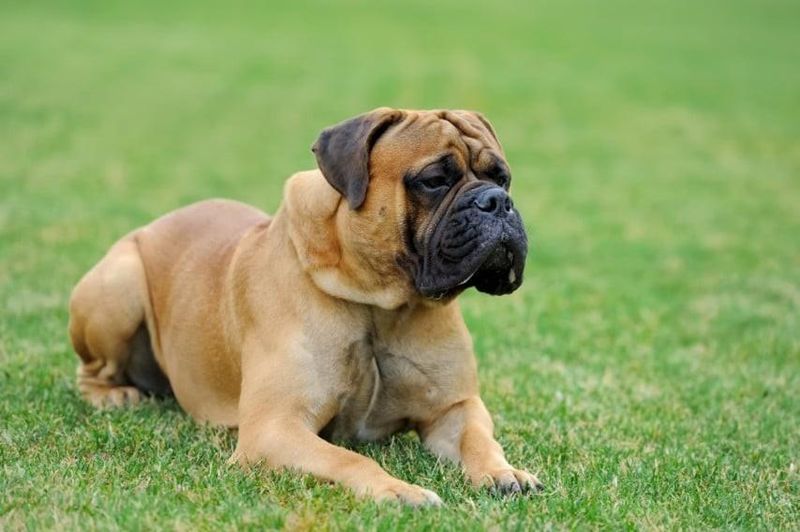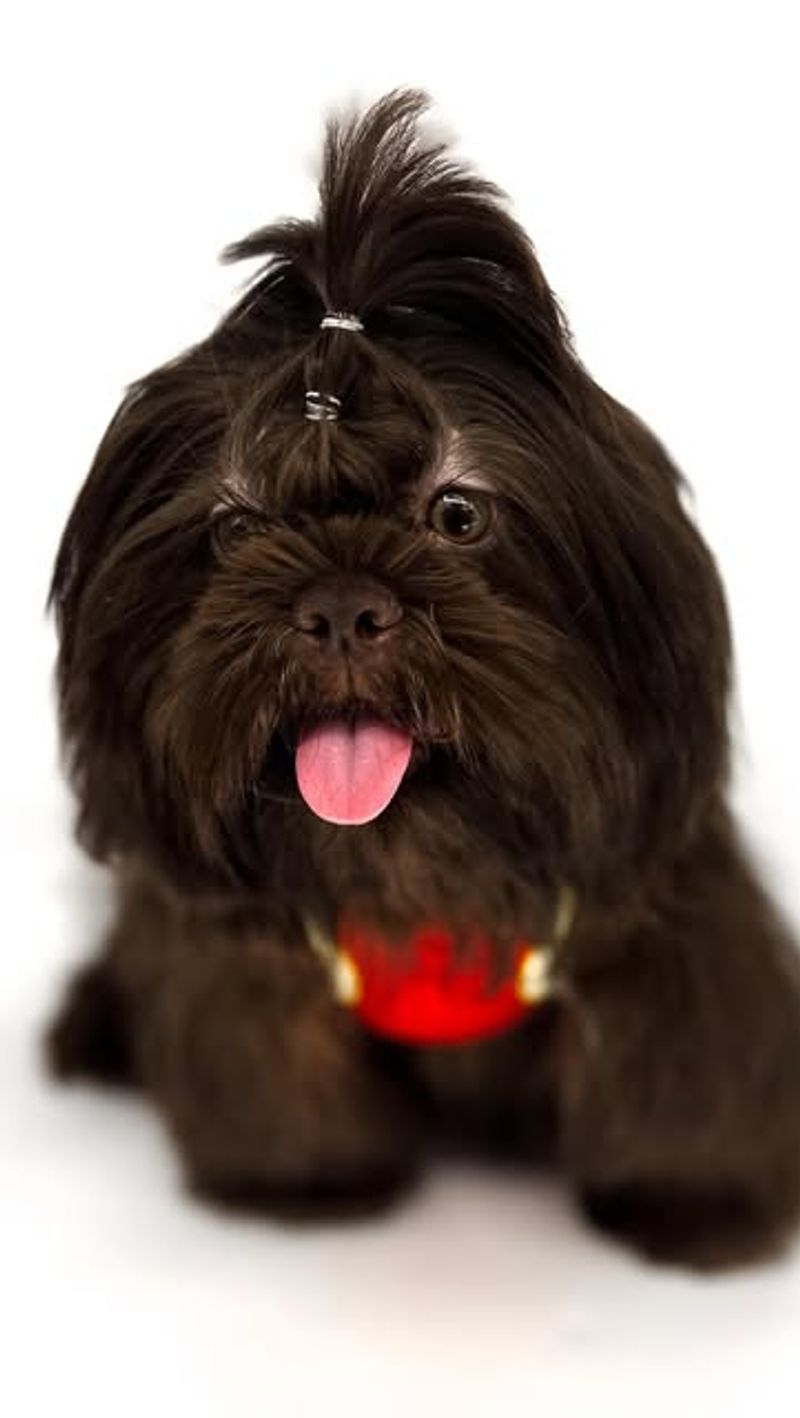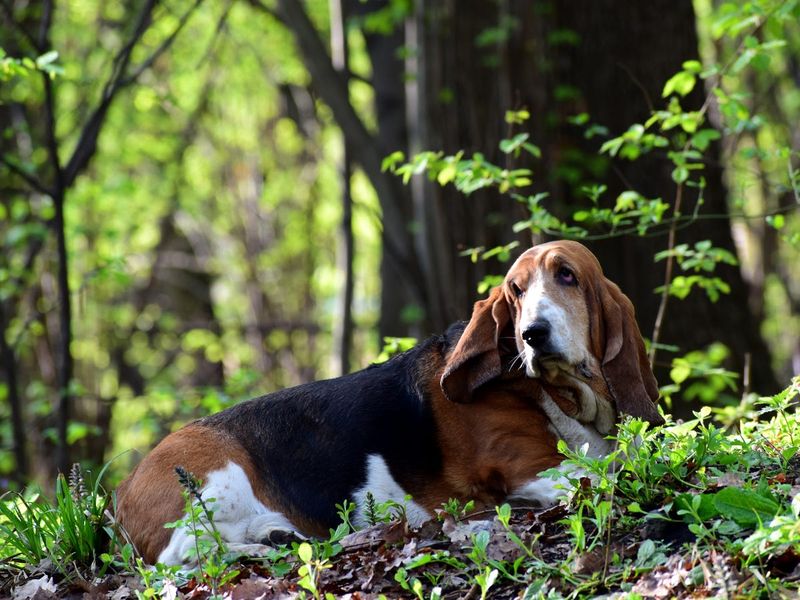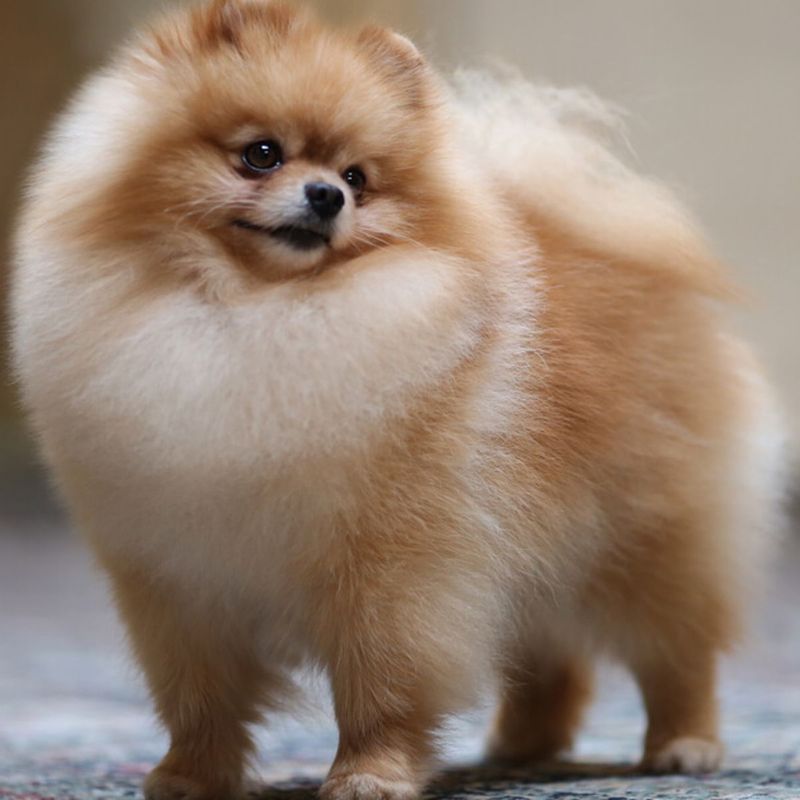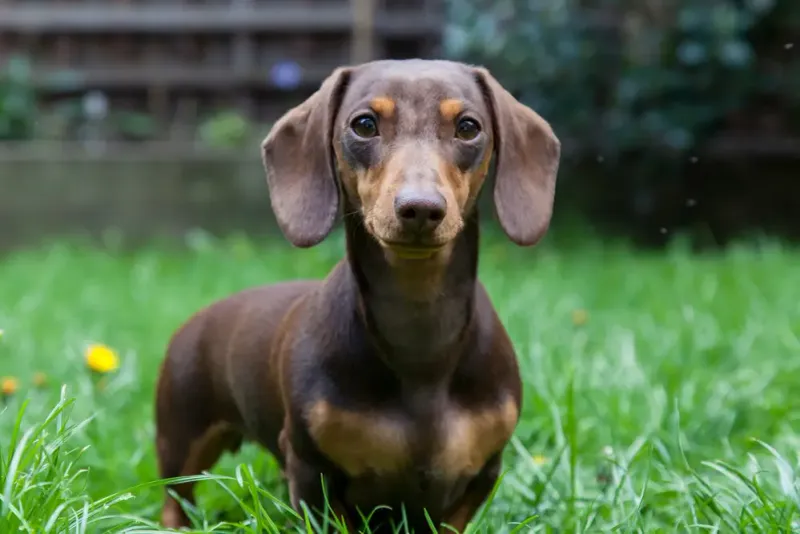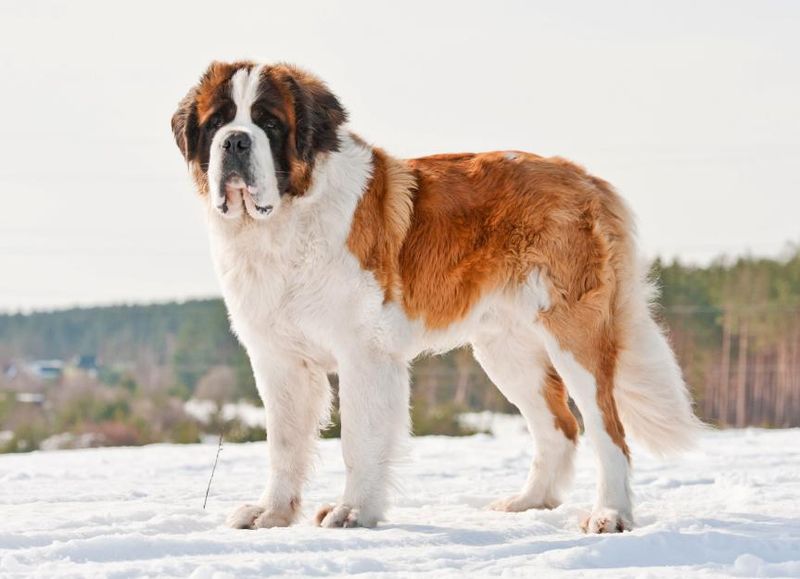German Shepherds are one of the most popular dog breeds, known for their intelligence, loyalty, and versatility. However, not every breed pairs well with these majestic dogs. Whether due to distinct temperament differences, size disparities, or health concerns, crossbreeding a German Shepherd with certain breeds might not yield the desired results. Let’s explore 10 dog breeds that are typically not recommended for crossbreeding with German Shepherds, each with its own unique reasons.
Chihuahua
Tiny but mighty, the Chihuahua’s bold personality often clashes with the German Shepherd’s disciplined nature. Imagine the energetic Chihuahua trying to keep pace with its much larger counterpart. Their size difference alone can pose significant challenges. A German Shepherd’s playful nudge might be overwhelming for the small-framed Chihuahua. Moreover, their differing exercise needs and temperaments make them an unlikely pair for harmonious living. Fact: Did you know? The Chihuahua is named after the Mexican state of Chihuahua, where the breed was discovered in the mid-1800s.
Great Dane
With its elegant height, the Great Dane seems like a gentle giant next to the robust German Shepherd. However, their sheer size difference can lead to complications. The Great Dane’s laid-back demeanor contrasts sharply with the German Shepherd’s active nature. This mismatch in energy levels can result in frustration for both breeds. Moreover, their health concerns differ significantly, making crossbreeding a risky venture. Fun fact: Despite their size, Great Danes are often nicknamed “the world’s largest lapdogs.”
Bulldog
Bulldogs, with their laid-back, easygoing nature, may struggle to keep up with the alert and active German Shepherd. Their distinct differences in energy levels and physical structure could lead to potential health issues. Bulldogs are known for their respiratory problems, which might be exacerbated by the vigor of a German Shepherd. Additionally, their contrasting temperaments could result in compatibility issues. Did you know? Bulldogs were originally used in bull-baiting, a practice thankfully banned today.
Pug
With its charming wrinkled face and curled tail, the Pug’s playful yet stubborn personality doesn’t align easily with the disciplined German Shepherd. Their size and energy differences present challenges, especially during playtime. The Pug’s breathing issues due to its brachycephalic nature are a stark contrast to the German Shepherd’s robust health. Such disparities can lead to potential health and compatibility issues. Fun fact: Pugs were once the cherished companions of Chinese emperors.
Mastiff
The Mastiff, known for its massive size and gentle demeanor, might seem like an ideal partner for a German Shepherd. Yet, their contrasting energy levels and health concerns make them an unlikely pairing. Mastiffs often prefer a quiet life, while German Shepherds thrive on activity and engagement. This divergence can create strain between the two. Interestingly, Mastiffs have a rich history, dating back to ancient civilizations where they were war dogs.
Shih Tzu
Fluffy and affectionate, the Shih Tzu’s regal charm contrasts with the German Shepherd’s working dog disposition. Their differing grooming needs and exercise requirements make them an unfit match. The Shih Tzu’s calm nature may seem overshadowed by the German Shepherd’s assertive temperament, leading to potential misunderstandings. Fun fact: Shih Tzus were bred as companion dogs for Chinese royalty, often living in luxury.
Basset Hound
Known for its long ears and droopy features, the Basset Hound’s laid-back lifestyle doesn’t mesh well with the energetic German Shepherd. Their different exercise needs and temperaments can create tension. The Basset Hound’s slow pace and strong scent-following instincts are a stark contrast to the German Shepherd’s agility and quick response. Historically, Basset Hounds were used for hunting small game due to their keen sense of smell.
Pomeranian
Small, fluffy, and full of life, the Pomeranian’s spirited nature might conflict with the German Shepherd’s disciplined approach. Their size difference alone poses challenges, especially in play. The Pomeranian’s vocal demeanor and tendency to develop small dog syndrome may lead to friction with a larger, more dominant breed like the German Shepherd. Did you know? Pomeranians were once much larger and served as sled dogs in the Arctic.
Dachshund
The Dachshund, known for its long body and courageous spirit, may find itself overwhelmed by the German Shepherd’s presence. Their physical disparities and contrasting energy levels can lead to incompatibility. Dachshunds, originally bred for hunting, have a strong prey drive, which might clash with a German Shepherd’s protective instincts. Interestingly, the Dachshund’s name translates to “badger dog” in German, reflecting its hunting prowess.
Saint Bernard
Saint Bernards, with their gentle, patient nature, are known for rescue operations in the Swiss Alps. Their substantial size and calm demeanor contrast sharply with the German Shepherd’s agility and alertness. These fundamental differences in temperament and physicality make crossbreeding complex. The German Shepherd’s need for activity may overwhelm the Saint Bernard’s more laid-back lifestyle, leading to potential friction.
